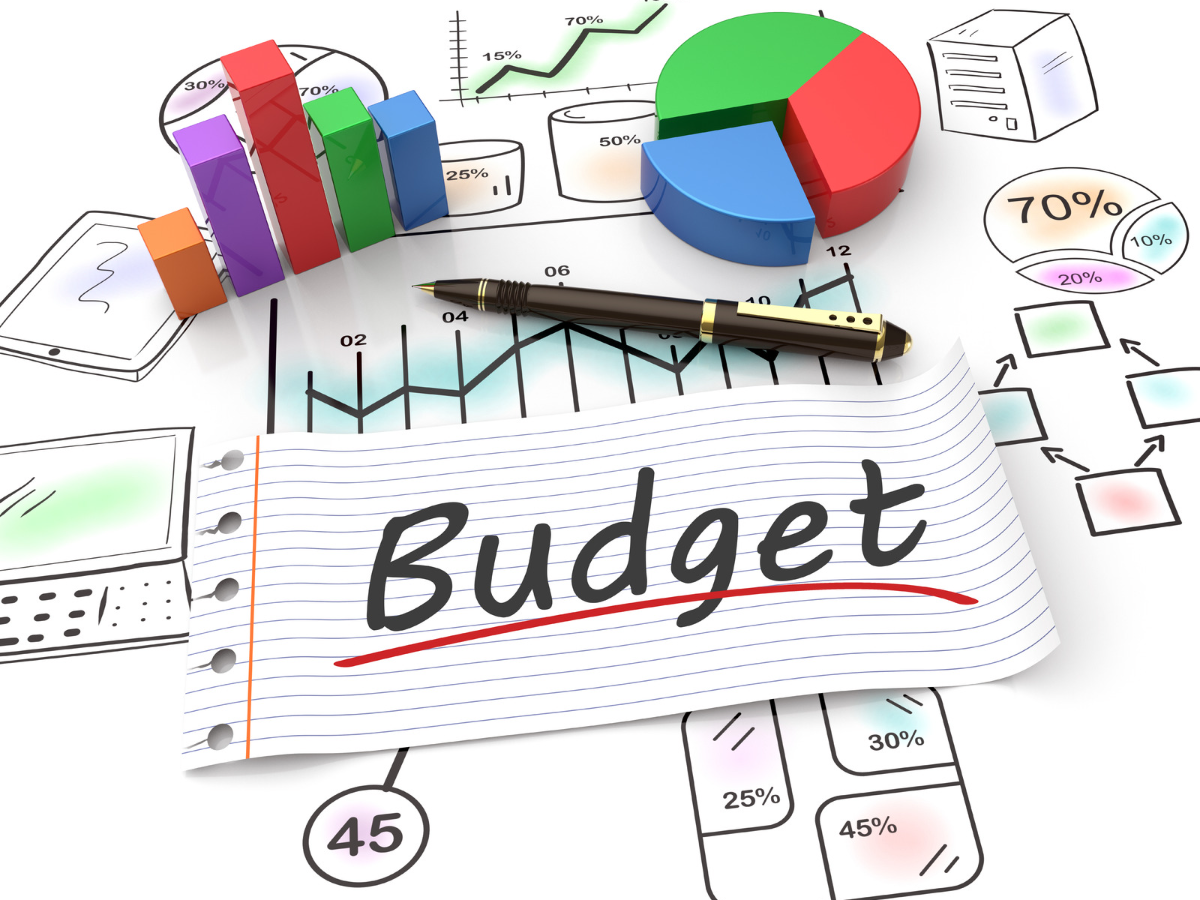Category: Financial Planning
-

Everything You Need To Know About Pay Yourself First Budgeting
Pay yourself first is a form of reverse budgeting, a financial management strategy recently(ish) gaining popularity. Unlike traditional budgeting, where you allocate a certain amount for each expense category, reverse budgeting starts with your income and encourages you to save a certain percentage while allowing you to spend the remaining amount freely. How Reverse Budgeting…
-

Everything You Need To Know About Target Date Funds
Target-date or lifecycle retirement funds have become increasingly popular over the past few years. These funds intend to help investors reach their retirement goals by automatically adjusting the allocation of assets over time. They are very much a “set it and forget it” approach to investing. What are Target Date Retirement Funds? Target date retirement…
-

Bonds Are Back
Bonds have not been a thing for a minute now. They have been boring for my entire financial career, offering negligible returns. A quick Google search for “bonds” will bring results for James and Barry, not the $46 trillion fixed-income market. When bringing up bonds in meetings with clients and prospects the past few months…
-

Best Short-Term Investments Right Now
It’s no secret that the Federal Reserve has rapidly increased interest rates in 2022. While those rapid increases have killed investor sentiment in the stock market, they have made short-term investments appealing again. Short-term investments can vary significantly in length, quality, and restrictions, and this guide will help you sort through them. What are short-term…
-

26 Ways to Use Your FSA
What is a flexible spending account, or FSA? As the year winds down and open enrollment begins, it’s a great time to look at your flexible spending account. FSA stands for flexible spending account. It allows you to use pre-tax money (saving you on taxable income) for healthcare. You choose the amount you wish to…
-

Financial Planning and Advice for Millennials
Building wealth in your 20s and 30s looks different. The traditional financial service industry targets the retirement market, as that is typically the height of wealth for most families. Financial advisors usually attempt to get their investments and charge a percentage or sell annuities that generate commission-based and ongoing fees. Either way, financial services focus…






